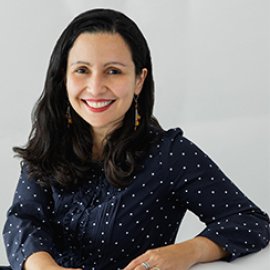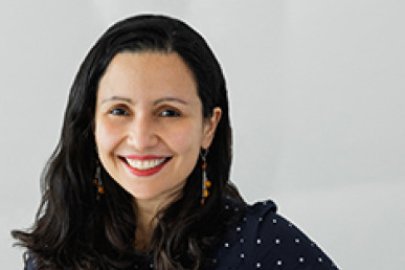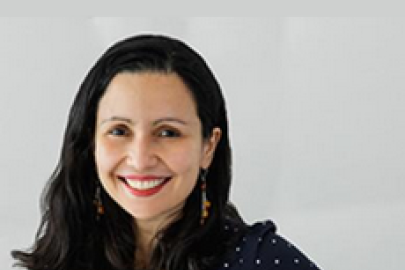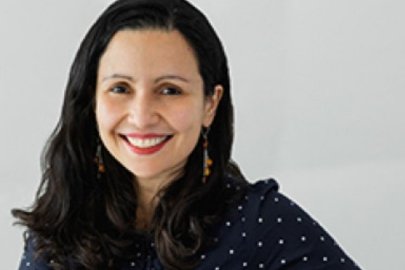University of Sao Paulo

Octobre 2020 à Juin 2021
Camila Villard Duran is a Brazilian and French research scholar working on issues related to the sociology of economic law and the political economy of law. Since 2013, she is a professor at the University of São Paulo (USP, Brazil). Currently, she is also attached to the Global Economic Governance Programme (GEG) of the University of Oxford as a senior research associate. She was a research scholar of the Oxford-Princeton Global Leaders Fellowship Programme run by the Woodrow Wilson School of Public and International Affairs of the Princeton University and the University of Oxford (2014-2016).
Camila is a research member of the international group “SELA” (the Annual Latin American Seminar on Constitutional and Political Theory) supported by the Yale Law School. She was a visiting professor at the Université Lumière Lyon 2 (2016 and 2020) and Sciences Po Paris (2019 and 2020). She gave a series of lectures on an introduction to law, contract law, and tort law in comparative perspective at the ESSCA Business School in Paris (2019) and on law and finance at the Queen Mary University of London (2016 and 2018). Camila holds a joint-PhD degree in law from the USP and the Université Paris 1 Panthéon-Sorbonne (2012).
The (in)visible woman? Integrating gender in the making of the international economic law
For decades, the International Monetary Fund (IMF) was silent about gender inequality. In 2013, this international organization (IO) finally decided to adopt a discourse correlating macroeconomic stability and gender. Is this significant change a product of a growing number of women inside IOs able to make a difference (i.e., critical actors) in engendering global governance? What is the role of strategic agency and leadership? Institutional change is a central part of achieving gender equality. However, the gender dynamics inside IOs, particularly in the IMF, are still overlooked. This research aims to explain the endogenous forces driving the Fund’s change as well as how its discourse has been translated into national legal regimes of member countries.


